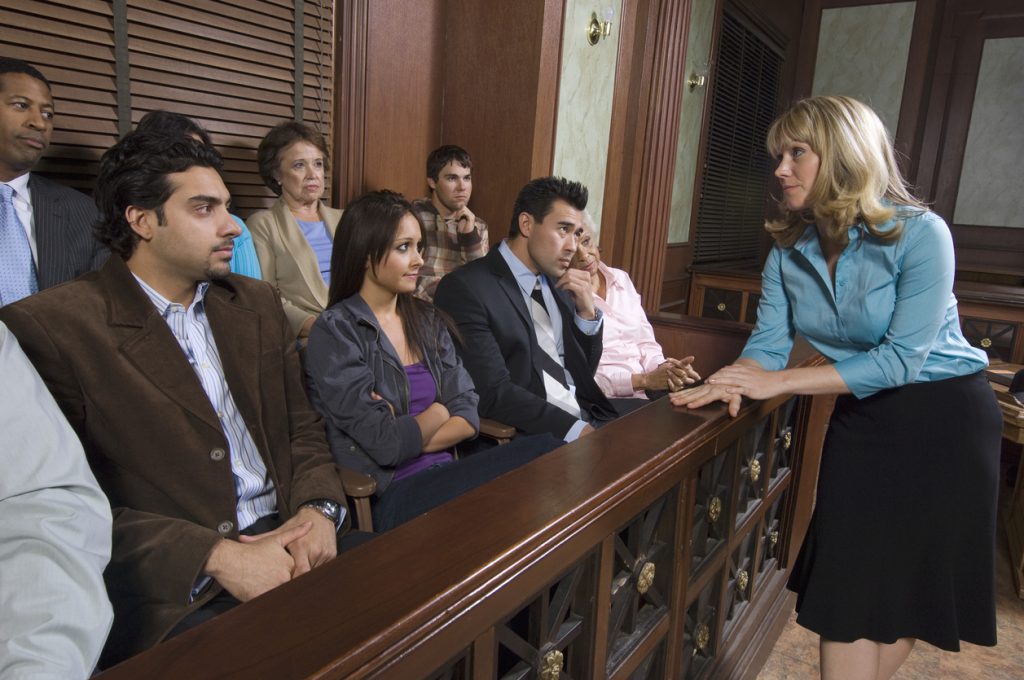Under the Sixth Amendment, you have the right to a lawyer in a criminal case. Even if you can’t afford a lawyer, you still have the right to one. But you only have the right to a lawyer, not the right to a lawyer of your own choosing. This means that, in almost every situation, you cannot choose your court-appointed lawyer.
What does the right to a lawyer mean?
The Sixth Amendment to the U.S. Constitution states that, “[i]n all criminal prosecutions,” the person accused of a crime has the right “to have the assistance of counsel for his defense.” This right applies to all federal criminal cases. It also applies to all state criminal cases involving a felony. But it does not apply to misdemeanor cases.
The right to a lawyer means that you receive a lawyer in your case. And, if you cannot afford one, the court will appoint one for you. This could be a public defender. It could also be a private attorney that accepts court-appointed cases.
In a general sense, your right to a lawyer starts when the government charges you. In a case called Brewer v. Williams from the 1970s, the U.S. Supreme Court held that your right to a lawyer starts “at or after the time that judicial proceedings have been initiated against [you], whether by formal charge, preliminary hearing, indictment, information, or arraignment.” What that means in your case can be a complicated determination.

Do you get to choose your court-appointed lawyer?
No. If you want to choose your lawyer, you will have to hire them on your own. If you cannot afford to do so, a court will choose a lawyer for you. Courts often appoint a local public defender’s office to represent you. This means you could get help from any lawyer at that office.
Other times, courts choose someone from a list of attorneys who take court-appointed cases. Many of these attorneys have had to take some sort of class before being allowed to accept this kind of work. The government pays these attorneys. (Although there are some scenarios where clients have to pay as well.)
Because the court chooses from the list of eligible lawyers, you won’t get a say in who represents you. If something goes wrong or the court-appointed attorney won’t help you, you can ask the court for a new attorney. Courts grant these requests if there is a good reason for them. But common issues like your attorney not talking to you enough or using a different defense than you want, won’t be a good enough reason.
What if you don’t want the court-appointed lawyer anymore?
In some cases, you may think you’d be better off representing yourself. Representing yourself can be a risky decision. And you should think carefully before deciding to do so. But, if you want to, most courts will let you choose to do so. They can, however, have your court-appointed attorney be on “stand by” in case you want their help.
If your court-appointed attorney makes a big mistake during trial, you can also argue that they were “ineffective” on appeal. Your right to a lawyer includes the right to an “effective” one. These arguments are often hard to win on. But, if your lawyer’s mistakes hurt your case, you can raise that argument on appeal.
The Takeaway:
You have the right to a lawyer under the Sixth Amendment to the U.S. Constitution. But, if you can’t afford a lawyer and want the court to appoint one for you, you won’t get to choose your lawyer.






